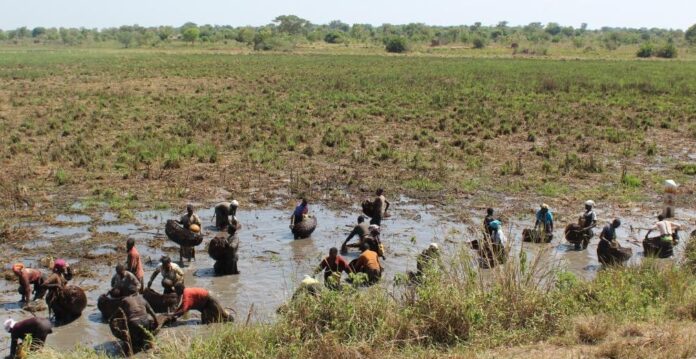Climate change is an intricate phenomenon that involves variations in temperature and other weather conditions within a given environment over an extended period. It is a global challenge that affects ecosystems, economies, and communities.
While it may seem unrelated, the world of tourism is deeply intertwined with climate change, and the two have a significant impact on each other. In the heart of Africa, Uganda is a country that thrives on tourism, with its stunning landscapes, diverse wildlife, and vibrant culture. However, poor environmental practices within the tourism industry can exacerbate climatic conditions and contribute to changes like global warming.
This article explores the relationship between climate change and sustainable tourism in Uganda, shedding light on the perceptions of the tourism industry and initiatives to mitigate the effects of climate change on this beautiful nation.
Perceptions of the Tourism Industry
The tourism industry’s perceptions of climatic changes affecting sustainable tourism in Uganda primarily revolve around the causes of these changes. The industry identifies deforestation and a lack of awareness regarding the diverse effects of climate change as significant culprits. Additionally, agricultural practices, air pollution, and natural changes were noted as contributing factors. This paints a concerning picture, as these issues are often linked to tourism activities and infrastructure development.
Effects of Climate Change on Uganda as a Tourism Destination
The following are the effects of climate change on Uganda as a tourism destination.
The various impacts include difficulties in transportation due to adverse weather conditions, property destruction, disruptions to wildlife habitats, and livelihood challenges for host communities. Furthermore, the overall quality of destinations was noted to be influenced negatively, which could deter tourists.
Mitigating the Effects of Climate Change on Tourism
The tourism industry must mitigate the effects of climate change by taking the following measures: the implementation of policies related to climate and environmental protection, the promotion of eco-friendly tourism activities, prioritizing the well-being of host communities, consulting climate experts, and raising awareness among both locals and foreigners. These proactive steps underline the industry’s commitment to addressing the challenges posed by climate change.
Governmental Role and Responsibilities
There is a lack of commitment from the government to effectively address climate change in the context of tourism. While policies exist, there is a significant gap between policy implementation and their actual impact. The government is seen as a crucial stakeholder in ensuring sustainable tourism and mitigating climate change’s effects in the country.
The intricate relationship between climate change and sustainable tourism in Uganda is a critical issue that necessitates immediate attention. There should be the importance of awareness and proactive measures within the tourism industry to address climate change-related challenges. Simultaneously, it highlights the need for the government to play a more active role in ensuring that policies are effectively implemented to protect Uganda’s natural beauty and promote sustainable tourism.
Ultimately, the delicate balancing act between preserving the environment and fostering tourism is of paramount importance. Uganda’s remarkable natural beauty and cultural richness deserve the utmost protection, and it is the collective responsibility of all stakeholders to safeguard them for future generations while ensuring a thriving and sustainable tourism industry.

